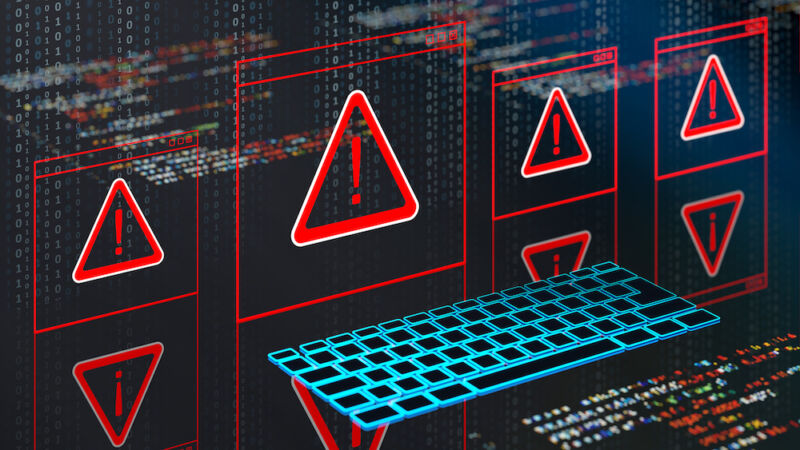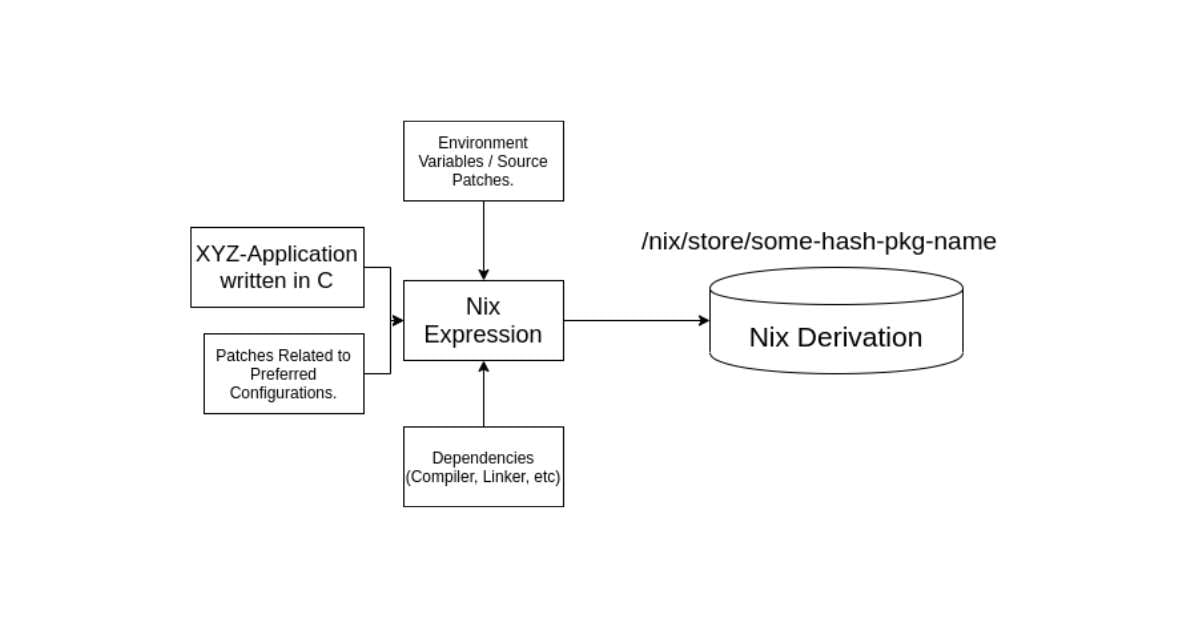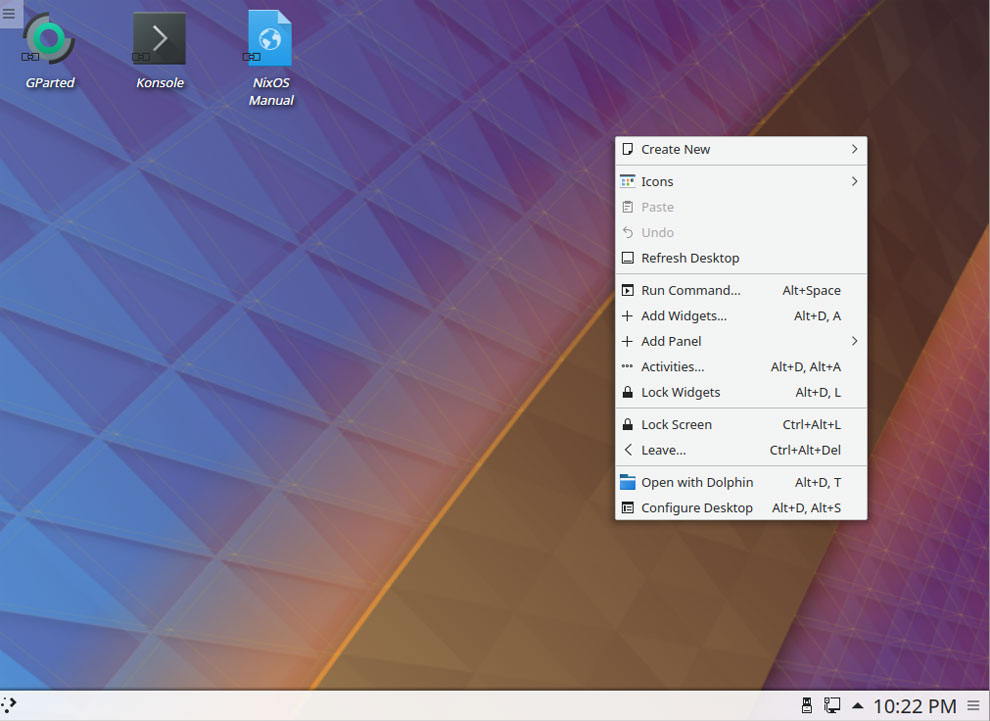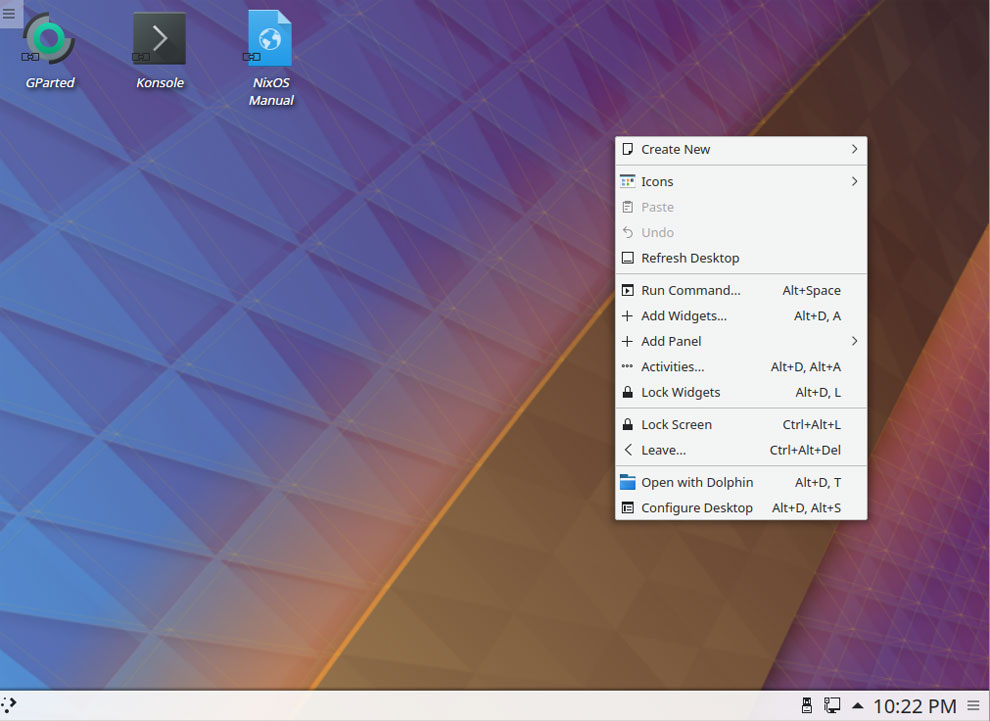As I delved into the recent announcement by Linus Torvalds about the first RC of Linux kernel 6.9, I couldn’t help but feel a sense of unease creeping in. The mainstream view seems to be celebrating this release as a monumental achievement, but I beg to differ. Let’s take a closer look at the so-called ‘improvements’ and ’notable changes’ that have been touted as groundbreaking.
The removal of the original in-kernel NTFS driver is being hailed as a step in the right direction, but is it really? While Linux now boasts three FOSS drivers for NTFS, the decision to axe the oldest one, albeit outdated, raises concerns about backward compatibility and support for legacy systems. What about users who still rely on this driver for read-only access to NTFS volumes? Are we leaving them in the lurch?
Furthermore, the enhancements to the timer and workqueue subsystems are being portrayed as a game-changer for networking and device driver development. But let’s not forget that change for the sake of change is not always progress. The tasklet interface, long deprecated, is now facing the chopping block. While some may view this as a bold move, I can’t help but question the wisdom behind eliminating a feature that has served its purpose for years.
The introduction of larger console fonts on 4K monitors and improvements to filesystems like bcachefs are undoubtedly welcome additions. However, the support for the kernel to choose the preferred P-core on heterogenous-multicore AMD CPUs seems like a solution in search of a problem. Are we overcomplicating matters by introducing unnecessary complexity?
Let’s not overlook the implications of Microsoft’s BitLocker and Fast Startup features on Linux users. The reminder to disable these features in Windows to mount NTFS volumes from Linux raises concerns about interoperability and the growing divide between operating systems.
In a world where innovation is often equated with progress, it’s crucial to question the direction in which we are headed. While the Linux community celebrates the strides made in kernel 6.9, perhaps it’s time to pause and reflect on whether these changes truly align with the ethos of open-source collaboration and user-centric design.


 Photo by
Photo by 












